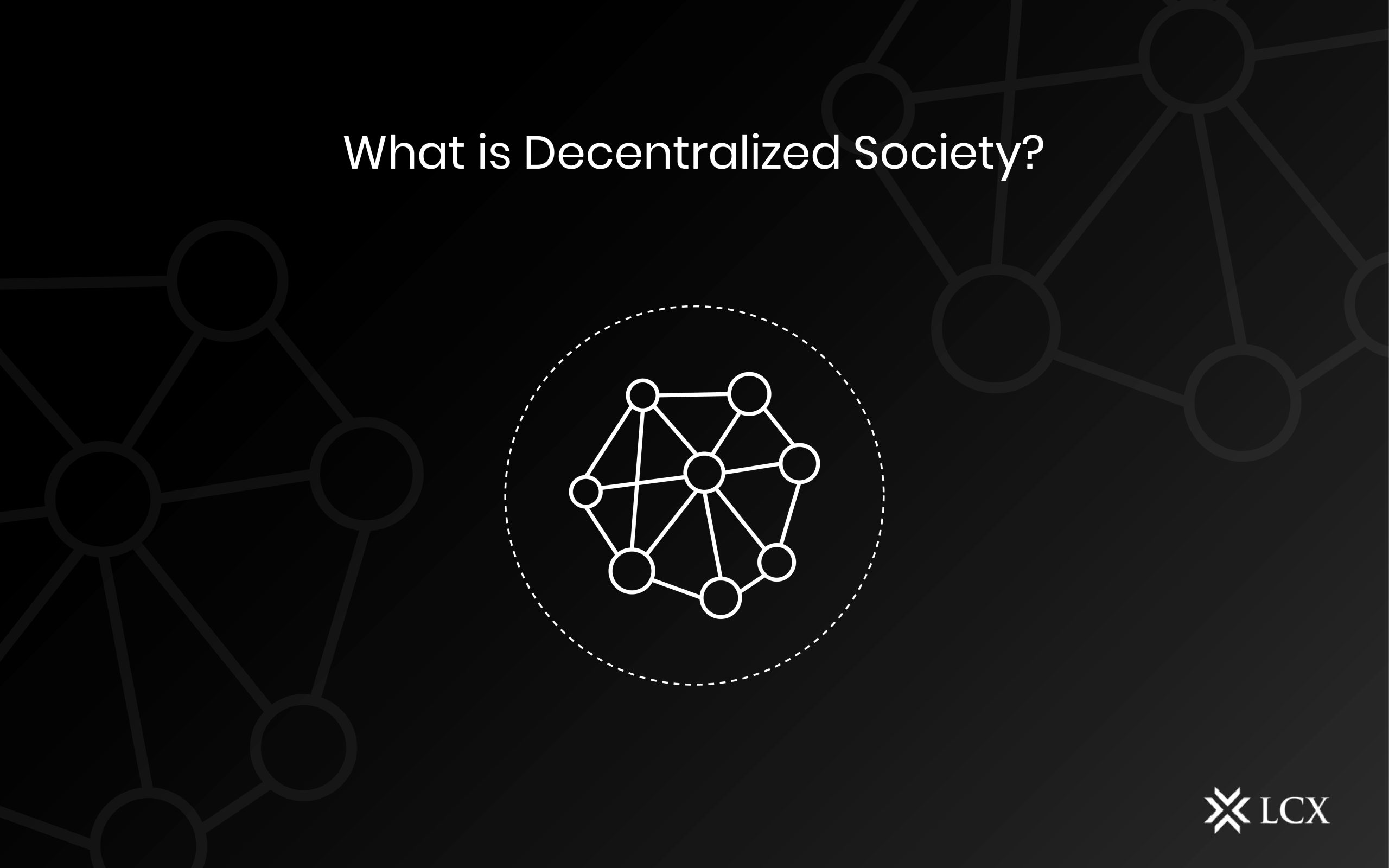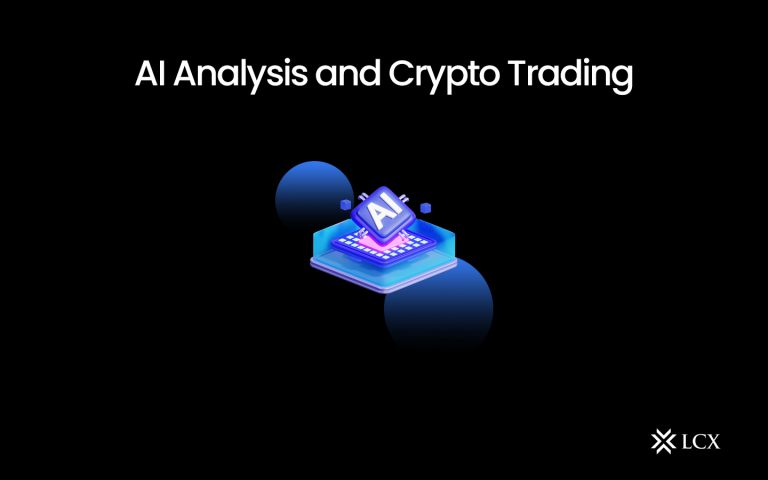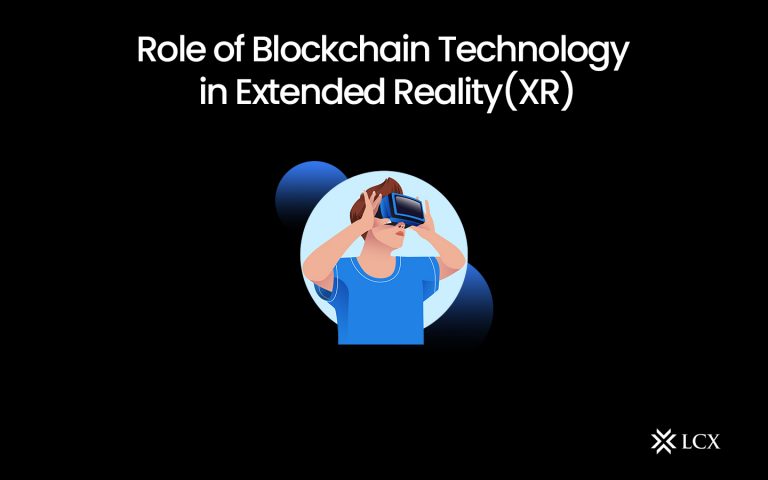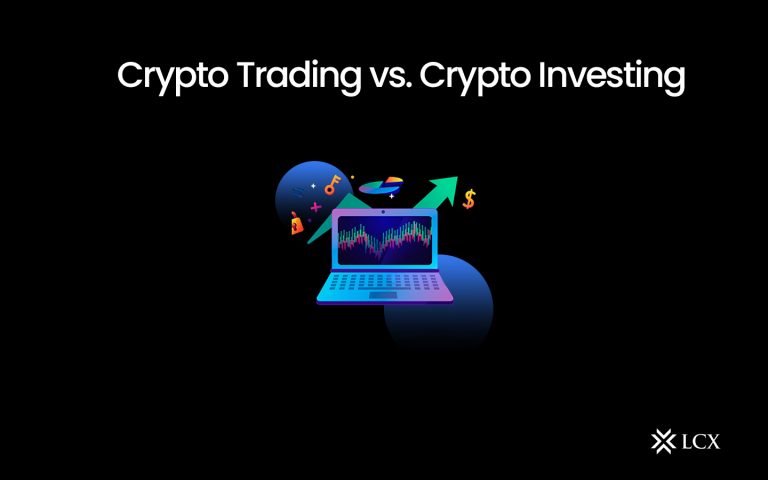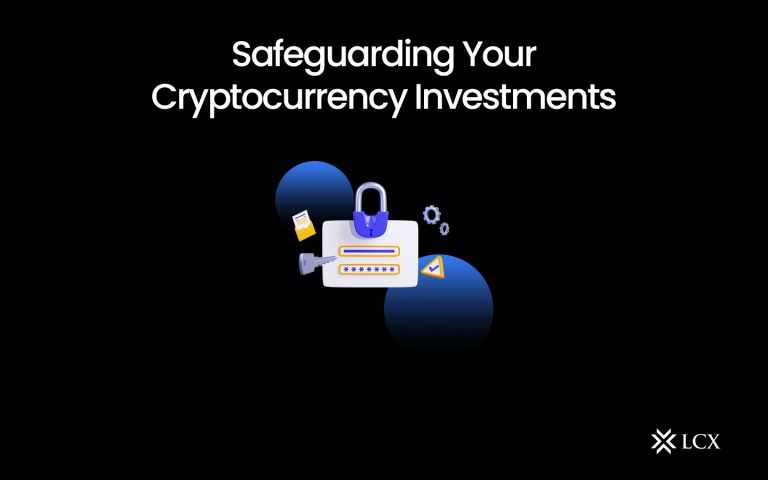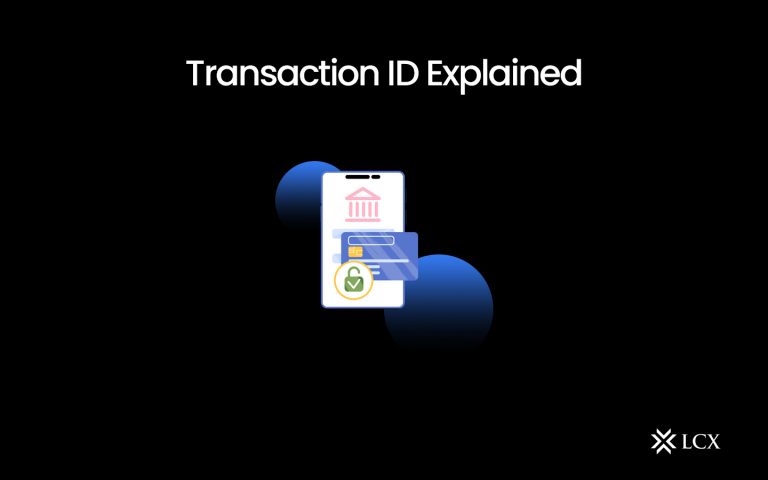While the cryptocurrency and NFT market is facing a tremendous downfall, Vitalik Buterin is exploring something different this year. He has joined hands with Flashbots researcher Puja Ohlhaver and economist Glen Weyl to publish “Decentralized Society: Finding Web3’s Soul”.
Particularly, the research is centered on new humane possibilities centered on non-transferable “soulbound” NFTs.
When you read this new paper, “Decentralized Society: Finding Web3’s Soul.” you get the same feeling as you must have got when Ethereum was launched. A hopeful thought for a great future.
The whitepaper contains 30+ pages and we thought to help the community and summarize it so that you can understand it in a better way. Here’s what you need to know about DeSoc.
The Key Concept of Decentralized Society (DeSoc).
- Currently, web3 is primarily concerned with assets and financialized that are transferable.
- Nevertheless, numerous conventional economic acts (for example, “personal brand building and uncollateralized lending”) depend on social relationships that are non-transferable and are founded on faith and endure over time.
- The paper proposed non-transferable SBTs possessed by “Souls,” namely accounts, as a means in web3 to improve the encode of social relationship networks.
- By monitoring the “credentials, dedications, and alliance” of Souls on-chain SBTs will encode these relationships.
- DeSoc (Decentralized Society) may rely on SBTs to enable “souls and communities to get together bottom-up, as rising properties of one another, to co-develop plural network intelligences and goods at a variety of scales.”
- DeSoc, if persecuted, has the potential to set the stage for new governance mechanisms and property rights that “reward trust and cooperation during protecting networks from extraction, capture, and dominance.”
- Overall, DeSoc points away from the current hyper-financialized state of the web3 and toward a “more impactful, pluralist future of higher returns across social distance.”
What are Soul and Soulbound tokens (SBT)?
- A “Soul” is associated with a wallet, an account and so on.
- Souls can hold SBTs that are possibly voidable, non-transferable, and initially public; private SBT use cases may become more viable afterward.
- SBTs are capable of tracking “memberships, credentials and affiliations, ” such as “educational credentials, hashes of […] writings, employment history, or works of art.”
- By a Soul the SBTs can be self-issued, but they must also be accredited to by Souls “who are buyers and sellers to these relationships.”
DeSoc Use Cases and DAO Defense
DAOs, which are centered on community governance, are vulnerable to sybil attacks, which involve users having different wallets in order to multiply their voting power. SBTs will provide a means of defending against such attacks by making it easier to distinguish between “unique Souls and likely bots” in order to deny “any voting power to a Soul that would seem to be a Sybil.”
Artists
NFTs can be published by artists using their Soul. They can “stake their stature on their works” straightforwardly, on-chain way accordingly. Even the artists can start creating their own SBTs for various purposes, such as connecting their NFTs to a collection on-chain to intensify authenticity. As a result, Soulbound tokens and the networks they create can actually protect against plagiarization, forgeries, and other threats in the future.
Lending
Loans excluding upfront collateral are quite a little of a stumbling block in web3’s DeFi sector. Even so, SBTs have the potential to be utilized to generate a “censorship-immune, bottom-up substitute to top-down commercial and ‘social’ credit systems.”
What’s the big plan here? Soulbound tokens can be used to allow people to use their repute as collateral for loans rather than having to contend money up front.
” Credit lines and loans might be depicted as non-transferable and yet voidable SBTs, nesting amongst a Soul’s other SBTs,” wrote the paper’s authors. “[Till] they are paid back and burned, or, better yet, supplanted with proof of repayment.”
Souldrops
Airdrops have historically been an inexact or inefficient method of cultivating new web3 communities. SBTs, on the other hand, can enable “communities to be formed at unique intersections of Souls.”
According to the authors, “Souldrops are airdrops depending on computations over SBTs and some other tokens inside a Soul.” “For instance, a DAO that wishes to convene a community inside a specific layer 1 protocol might souldrop to developers who hold three of the last five conference attendance SBTs, or any other tokens representing attendance such as POAPs.”
Flexible property
In most cases, an NFT grants its owner the right for using, destroying, or revenue from the asset at the same time. Apart from NFTs, however, it is uncommon to find every one of these property rights granted to a single owner. Take into account how you’re using an apartment under a lease but not destroy it, and so on. With SBTs, users could not only resemble mainstream property perspectives, but also generate novel web3 approaches. The authors, for instance, talked about the possibility of a local currency experiment wherein SBTs could make a currency “more beneficial to hold and spend by Souls who live in a particular area or are part of a specific community.”
Conclusion
For the time being, DeSoc continues to remain an idea and an area of study instead of something we can investigate in the wild.
However, we already have the necessary infrastructure in place thanks to Ethereum and NFTs, and these technologies will keep evolving. And, thanks to this “Decentralized Society” paper, we already have the fundamental blueprints, not to take into account that many projects are beginning to investigate soulbound NFTs.
